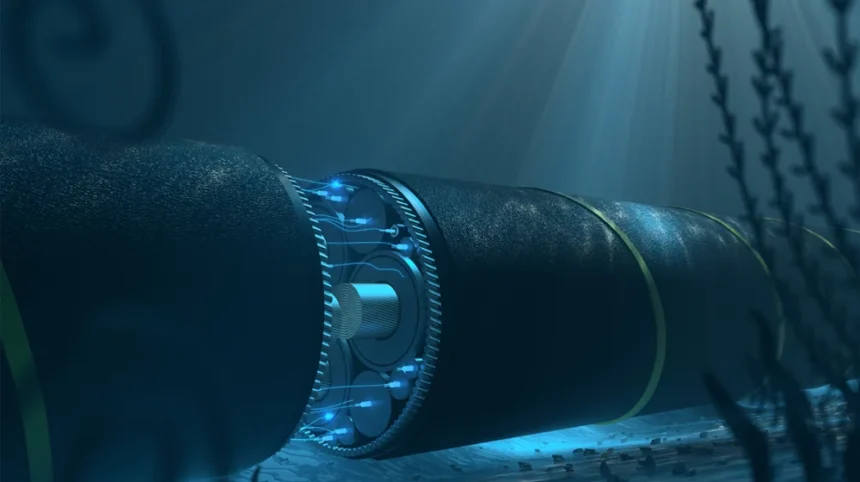The Pakistan Telecommunication Company Limited (PTCL) announced a temporary internet slowdown due to scheduled maintenance on one of its undersea cables.
According to reports from Dawn, The Express Tribune, and The News International, the repair targeted a faulty repeater in the submarine network. The work began around 11 AM (PST) and was expected to last up to 18 hours.
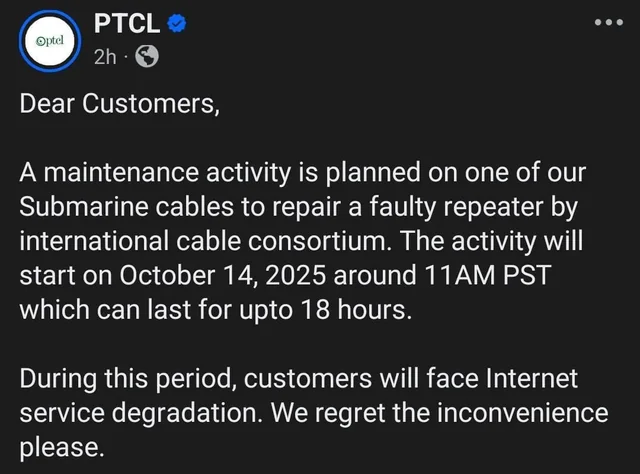
While many users braced for an outage, PTCL clarified that services wouldn’t go completely dark — only slower speeds and intermittent connectivity were expected. Traffic was rerouted through alternate cables, minimizing disruption.
Internet in Pakistan: A Love-Hate Relationship
With over 100 million internet users, Pakistan’s connection issues are nothing new. The country has faced hundreds of outages — some caused by technical faults, others by government restrictions.
Independent monitors like IODA and local watchdogs report that internet disruptions have surged in recent years — from a handful per year to over two dozen in 2025 alone.
In fact, since 2016, Pakistan ranks among the top 10 countries most affected by intentional or unintentional outages.
Myth vs Fact: What Really Happens Under the Sea
Myth 1: Sharks Eat Internet Cables
Let’s get this one out of the way. The idea that sharks or sea creatures “bite” fiber cables is a viral myth that refuses to die.
Yes, sharks once nibbled on copper cables in the 1980s — attracted to the electromagnetic fields — but modern fiber-optic cables emit no such fields.
According to the International Cable Protection Committee (ICPC), animal damage accounts for less than 1% of all faults today.
So no — your internet isn’t down because of a hungry shark.
Fact: Cable Systems Are Built for Resilience
PTCL’s maintenance this week shows how the system is designed to cope. With software-defined networks, mesh topologies, and backup routes across multiple regions, even large-scale repairs rarely cause total blackouts.
Pakistan now connects through redundant fiber routes to China and the Middle East, strengthening overall reliability.
How Cable Repairs Actually Work
Globally, over 1.4 million km of submarine cables handle 99% of internet traffic. Repairs involve highly specialized ships, remotely operated vehicles (ROVs), and now — AI-powered monitoring systems.
Innovations like Google’s Dunant cable, which uses self-diagnosing sensors, are cutting detection times by half. Pakistan may take a few years to adopt such systems, but the direction is clear: smarter, faster, and more reliable repairs.
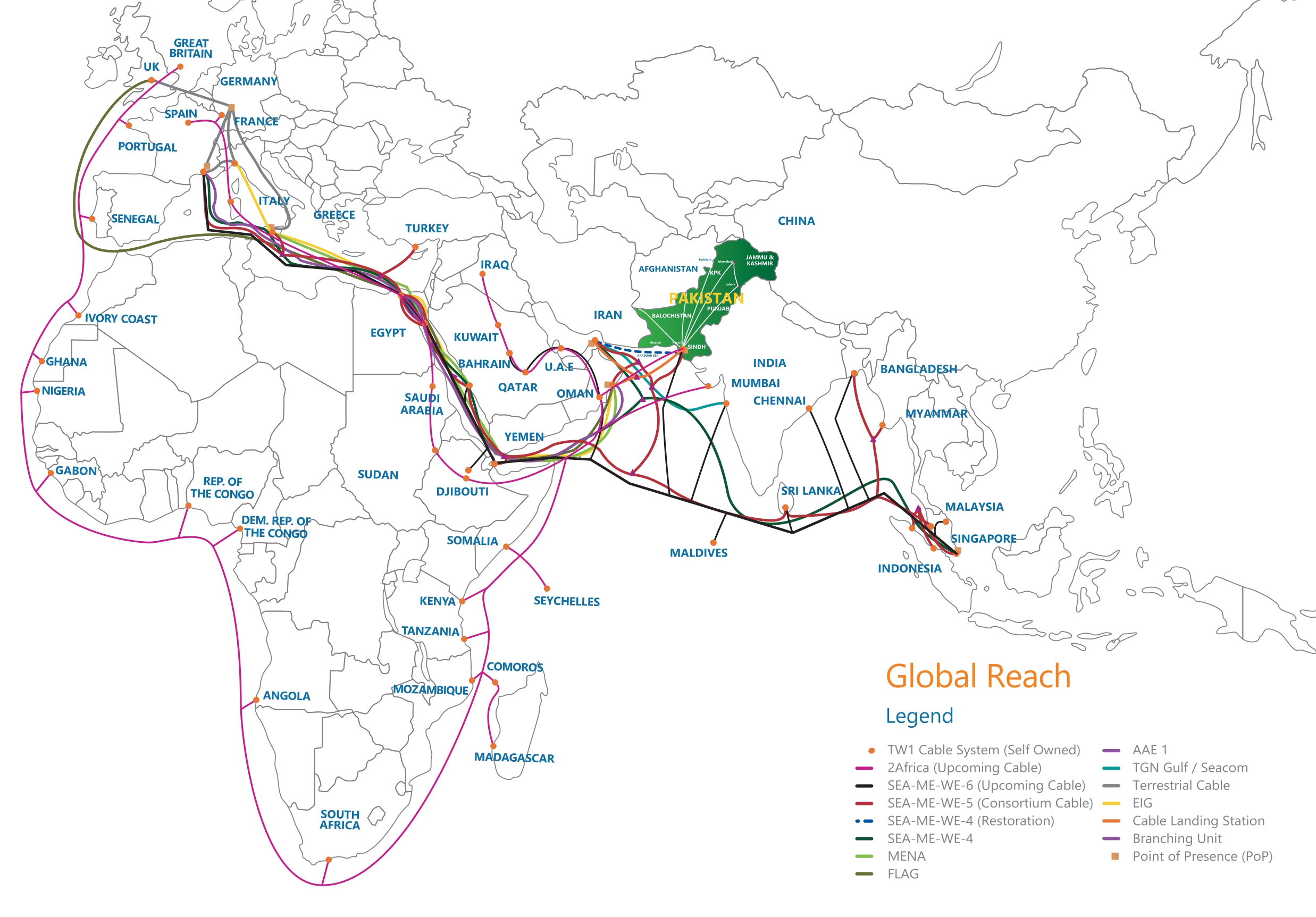
The Real Cost of Internet Outages in Pakistan
Despite improved resilience, Pakistan’s internet downtime still causes massive economic losses — over $3 billion in the past five years.
From freelancers and e-commerce to education and telemedicine, these blackouts hit productivity hard. Socially, they widen the digital divide, especially in rural areas and among women who rely on online learning and work opportunities.
Politically, repeated outages erode public trust, invite international criticism, and limit free expression.
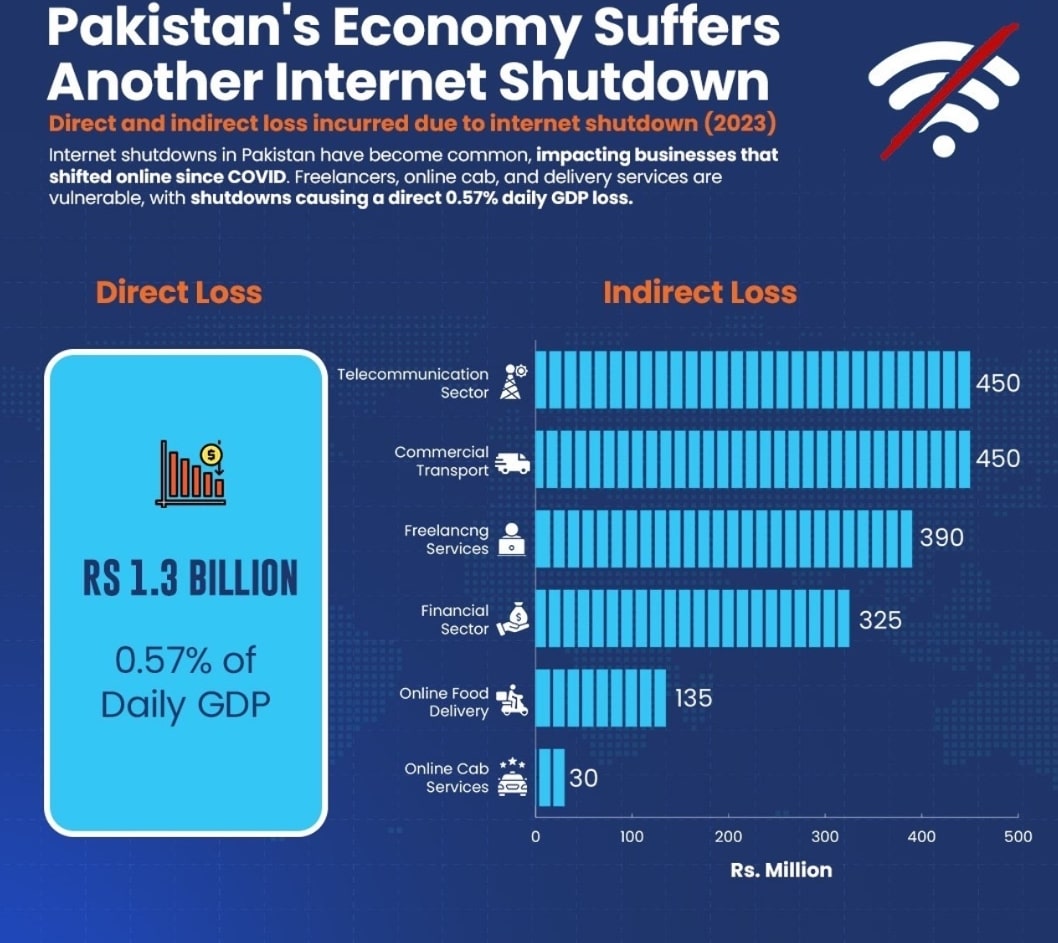
The Takeaway: Facts Over Fear
The PTCL slowdown on October 14 wasn’t a disaster — it was a reminder that internet infrastructure needs maintenance and investment, not myths.
Next time your connection lags, remember:
It’s not a shark, not sabotage — just science keeping the system alive.
Let’s stay informed, not alarmed.

